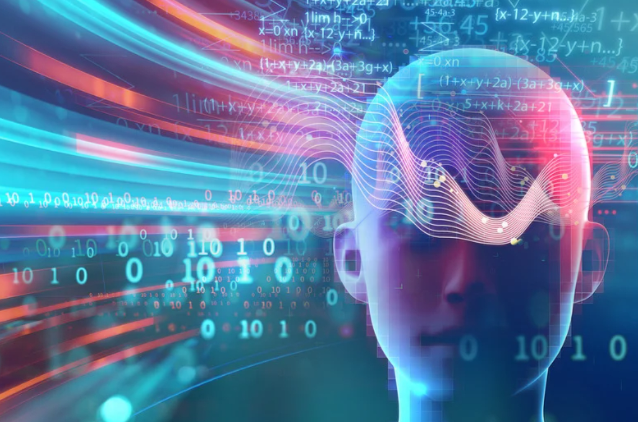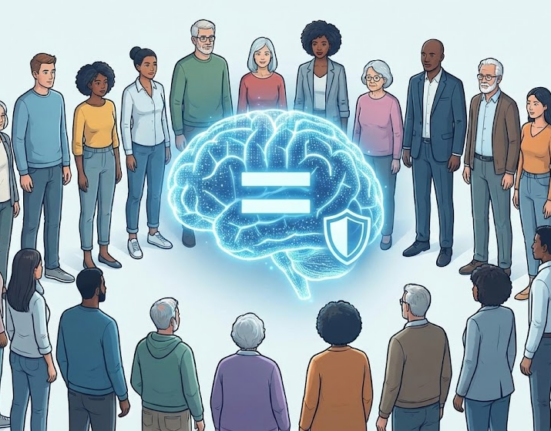Machine learning (ML) is no longer a futuristic concept — it’s a core driver of modern technology. From predictive analytics to voice assistants, ML is shaping industries across the globe. But to stay relevant in this fast-paced field, you need the right skills for machine learning — a combination of technical expertise, analytical thinking, and creativity.
Why Machine Learning Skills Matter Today
AI and machine learning are transforming the job market. Employers seek professionals who not only understand algorithms but can also apply them to real-world problems. Whether you’re a data analyst, software engineer, or business strategist, developing ML skills can future-proof your career.
Core Technical Skills for Machine Learning
Let’s explore the essential technical skills that form the backbone of any machine learning career.
Programming Skills for Machine Learning
You can’t build machine learning models without coding. Python is the dominant language due to its simplicity and powerful libraries like TensorFlow, PyTorch, and Scikit-learn. R, Java, and C++ are also valuable for specific use cases.
Tip: Focus on writing clean, efficient, and well-documented code.
Mathematics and Statistics in Machine Learning
Mathematics is the language of machine learning. Key areas include:
- Linear algebra (vectors, matrices)
- Calculus (gradients, optimization)
- Probability and statistics (Bayesian inference, distributions)
Understanding these concepts helps you grasp how algorithms learn patterns from data.
Data Preprocessing and Feature Engineering
Raw data is rarely ready for analysis. One of the most important skills for machine learning is cleaning, transforming, and selecting features that improve model performance.
This includes handling missing values, scaling data, and encoding categorical variables.
Model Building and Optimization
Building a model is one thing; fine-tuning it for accuracy is another. Skills in hyperparameter tuning, cross-validation, and regularization are crucial for achieving reliable results.
Analytical Skills for Machine Learning Professionals
Beyond technical know-how, analytical thinking is key to understanding patterns, drawing insights, and improving algorithms.
Problem-Solving and Critical Thinking
Every ML project starts with a problem. The ability to define the right question and select the proper algorithm determines the project’s success.
Analytical professionals ask:
- What’s the goal of this model?
- What data do we need?
- How will we measure success?
Data Visualization and Interpretation
A powerful model is useless if stakeholders can’t understand its output. Tools like Matplotlib, Seaborn, and Tableau help visualize trends, anomalies, and predictions clearly.
Effective data storytelling is one of the most underrated skills for machine learning professionals.
Soft Skills for Machine Learning Experts
Technical mastery alone isn’t enough. Collaboration, adaptability, and communication play an equally vital role.
Communication and Collaboration
Machine learning projects often involve cross-functional teams. You’ll need to explain technical results to non-technical audiences and collaborate with engineers, analysts, and business leaders.
Curiosity and Lifelong Learning
Machine learning evolves rapidly. Frameworks, algorithms, and tools are constantly changing. Successful professionals maintain a growth mindset and stay updated through courses, conferences, and open-source projects.
Specialized Skills for Machine Learning Careers
Once you’ve mastered the fundamentals, consider advancing into specialized areas that enhance your career potential.
Deep Learning and Neural Networks
Deep learning powers innovations like image recognition, natural language processing (NLP), and autonomous vehicles. Understanding architectures like CNNs, RNNs, and Transformers is essential for modern ML work.
Natural Language Processing (NLP)
NLP focuses on teaching machines to understand human language. Skills here include tokenization, sentiment analysis, and using models like BERT or GPT.
Reinforcement Learning
This branch of ML involves training agents to make decisions through trial and error. It’s widely used in robotics, gaming, and autonomous systems.
Machine Learning Tools and Frameworks
Familiarity with tools accelerates productivity and model accuracy.
- TensorFlow and PyTorch: Deep learning frameworks.
- Scikit-learn: Great for classic ML algorithms.
- Keras: Simplified API for neural networks.
- Pandas and NumPy: For data manipulation and analysis.
Knowing how to use these tools effectively is one of the top skills for machine learning success.
AI Ethics and Responsible Machine Learning
With great power comes great responsibility. ML professionals must understand AI ethics, data privacy, and bias mitigation. Governance frameworks ensure systems remain fair, transparent, and aligned with societal values.
Building Real-World Experience
Learning theory isn’t enough. Practical experience builds confidence and credibility.
- Work on Kaggle competitions.
- Build personal projects using open datasets.
- Contribute to open-source ML repositories.
- Intern with AI-focused companies to gain applied skills.
Hands-on experience turns abstract knowledge into real-world impact.
Career Opportunities in Machine Learning
Machine learning skills open doors to numerous roles:
- Data Scientist
- Machine Learning Engineer
- AI Researcher
- Data Analyst
- MLOps Engineer
As industries embrace automation, the demand for these roles continues to soar.
The Future of Machine Learning Skills
Tomorrow’s ML professionals will need hybrid skills — blending technical, ethical, and strategic expertise. Understanding AI governance, sustainability, and human-AI collaboration will become just as important as model accuracy.
The ability to adapt will be your greatest asset.
Conclusion
Mastering the right skills for machine learning allows you to keep pace with technological change and lead the AI revolution. Focus on coding, data handling, analytical thinking, and communication. The blend of technical excellence and ethical awareness will set you apart in the evolving world of intelligent systems.
FAQ
1. What are the most important skills for machine learning beginners?
Start with Python programming, math fundamentals, and understanding basic algorithms.
2. Do I need a degree to learn machine learning?
Not necessarily. Many successful ML engineers are self-taught through online courses and projects.
3. How can I gain hands-on experience in ML?
Participate in Kaggle competitions, open-source projects, or internships to apply what you learn.
4. Which industries use machine learning the most?
Finance, healthcare, retail, cybersecurity, and transportation heavily rely on ML.
5. What’s the best way to stay updated in machine learning?
Follow AI research, attend webinars, join online ML communities, and keep experimenting with new tools.








